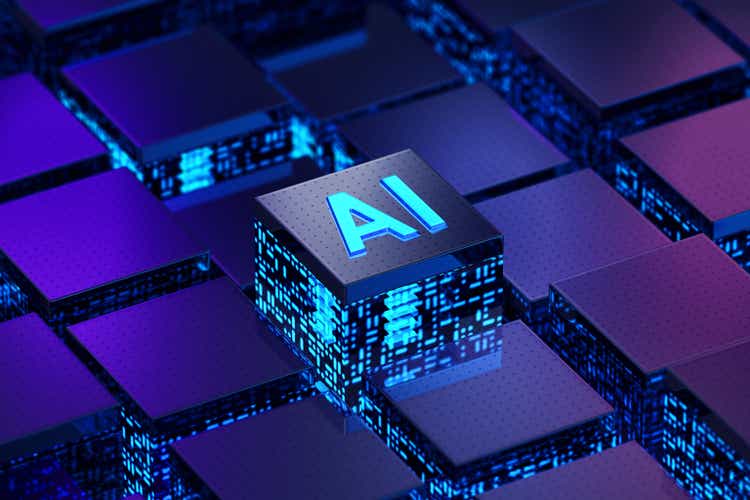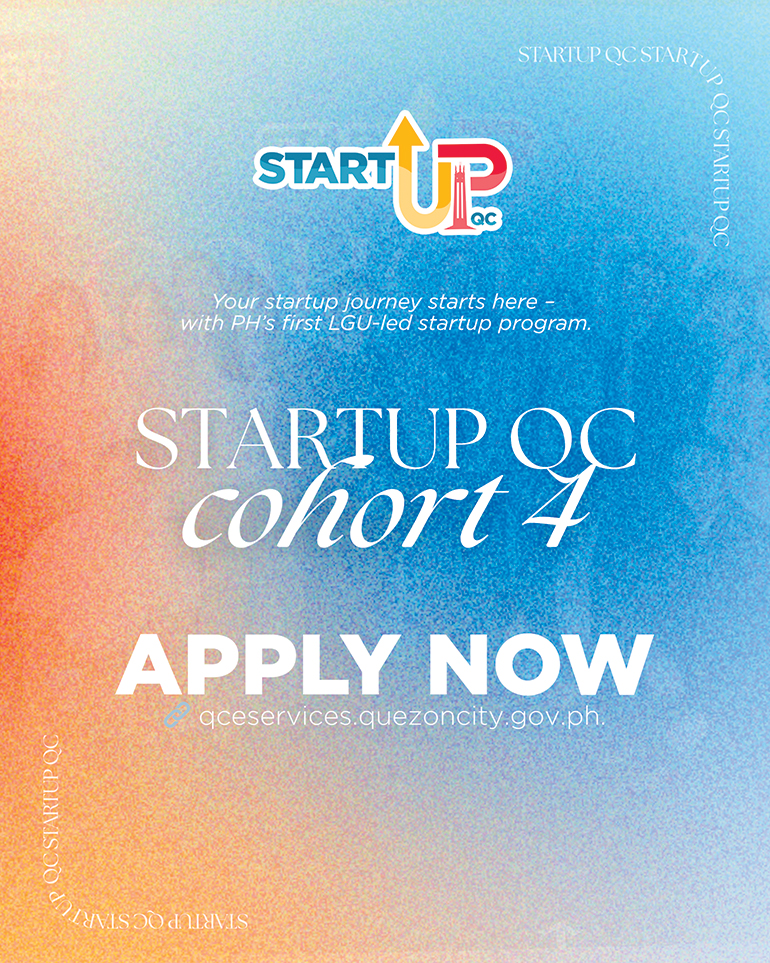
IN BRIEF:
• Accountants are transitioning from traditional roles to strategic partners within organizations, offering insights into business strategy and risk management.
• The demand for specialized skills is on the rise, particularly in areas such as environmental, social, and governance (ESG) reporting and data analytics, requiring strong communication and relationship-building abilities.
• Artificial intelligence (AI) and digital technologies are automating routine tasks, enabling accountants to focus on higher-value activities and enhancing their long-term career prospects.
The accountancy profession is undergoing a significant transformation. A recent report from the Institute of Singapore Chartered Accountants (ISCA) emphasizes that various factors, including shifts in the business landscape, technological advancements, and an expanding scope of responsibilities for accounting professionals, have intensified the need for the profession to adapt and innovate. As the landscape evolves, accountants must embrace new technologies and skill sets to remain relevant and valuable in their organizations. This transformation is not merely a reaction to change; it is an opportunity for accountants to proactively shape the future of their profession.
ACCOUNTANTS AS STRATEGIC PARTNERS
Gone are the days when accountants were merely viewed as number crunchers. Today, finance professionals play a crucial role in nearly every aspect of an organization. This unique position allows them to gain a comprehensive understanding of the company’s financial health and overall performance.
Accountants and finance leaders are increasingly recognized as trusted stewards of financial integrity and strategic advisors to management and the board. They provide essential insights into business strategy, risk management, and performance enhancement, a trend that is expected to continue growing.
THE NECESSITY FOR SPECIALIZED SKILLS
As the role of accountants expands, so does the demand for specialized skills. The complexity of regulations and compliance requirements has surged, requiring accountants to stay informed about evolving international accounting standards, tax regulations, and financial and sustainability reporting obligations. The growing emphasis on transparent and credible environmental, social, and governance (ESG) disclosures further highlights this need. Accountants must be skilled at translating intricate financial and non-financial data into clear, accessible language for a diverse range of stakeholders.
Moreover, there is an increasing expectation for integrated services, prompting accountants to extend their expertise beyond traditional accounting and tax functions. They must cultivate strong relationships with stakeholders to understand their unique challenges and deliver tailored solutions.
For example, accountants will need a solid understanding of cybersecurity principles to safeguard sensitive financial information and ensure compliance with data protection regulations. Familiarity with cloud computing and automation tools further enhances their ability to work efficiently and accurately in a digital landscape. Accountants are also increasingly required to possess knowledge in ESG reporting, enabling them to prepare and analyze reports that comply with global standards. They must also understand sustainable finance principles, assessing the financial implications of various sustainability initiatives.
A strong grasp of economic analysis is likewise crucial, as it helps them interpret regulatory compliance, economic indicators and trends that inform financial decision-making and strategic planning. In risk management, accountants must be adept at identifying, analyzing, and mitigating financial and operational risks within their organizations. They need to implement effective compliance risk management frameworks to control regulatory risks.
To meet these expectations, accountants are leveraging big data and analytics tools to provide insights and predictive analyses. Techniques in data visualization are already enhancing the communication of complex financial information. To navigate these evolving demands, soft skills such as effective communication, digital literacy, and emotional intelligence are becoming increasingly valuable.
EMBRACING AI FOR ENHANCED PRODUCTIVITY
For years, accountants have been encouraged to adopt digital technologies to alleviate the burden of repetitive tasks. The rise of artificial intelligence (AI), particularly generative AI (GenAI) and agentic AI, is revolutionizing the profession. Routine activities like data entry, reconciliation, and reporting are being automated, allowing accountants to focus on higher-value tasks and strategic advisory roles that facilitate informed decision-making.
However, investing in technology is only part of the solution. A human-centric approach is essential for successful transformation. Technology investments must be complemented by a focus on people development. Beyond merely boosting productivity, AI investments are crucial for enriching the experience for accounting professionals, supporting long-term career growth.
CREATING NEW CAREER TRACKS
Today’s younger generation seeks diverse experiences before committing to long-term career paths. Consequently, the structure of accountancy careers must be reimagined to retain their appeal.
In response, SGV has the SGV Academy program, which is designed to close the gap between academic learning and industry practice and needs. The SGV Academy offers a suite of initiatives that include educator development, part-time teaching by SGV professionals, guest lectures, collaborative teaching, interactive workshops, and student internships. The firm collaborates with various universities to enhance curricula with industry insights and provides students with relevant industry exposure. This collaboration often includes guest lectures, workshops, and joint research initiatives, enriching the educational experience for accountancy students.
As the profession continues to evolve, lifelong learning becomes imperative for accountants. Every stakeholder in the ecosystem (individuals, employers, professional bodies, and government) has a role to play. Businesses, often regarded as the “schools of tomorrow,” should invest in professional development programs that enhance both the technical and soft skills of their accountants.
EMBRACING TRANSFORMATION
The evolution of the accountancy profession is not just a response to external pressures; it is an opportunity for accountants to redefine their roles and enhance their value within organizations. By embracing specialized skills, leveraging AI, and fostering new career tracks, accountants can position themselves as indispensable strategic partners in the business landscape. This proactive approach will ensure the profession’s relevance and attract the next generation of talent, paving the way for a dynamic and resilient future in accountancy.
This article is for general information only and is not a substitute for professional advice where the facts and circumstances warrant. The views and opinions expressed above are those of the author and do not necessarily represent the views of SGV & Co.
Cyril Jasmin B. Valencia is the assurance leader of SGV & Co.

 8 hours ago
1
8 hours ago
1





















 English (US) ·
English (US) ·